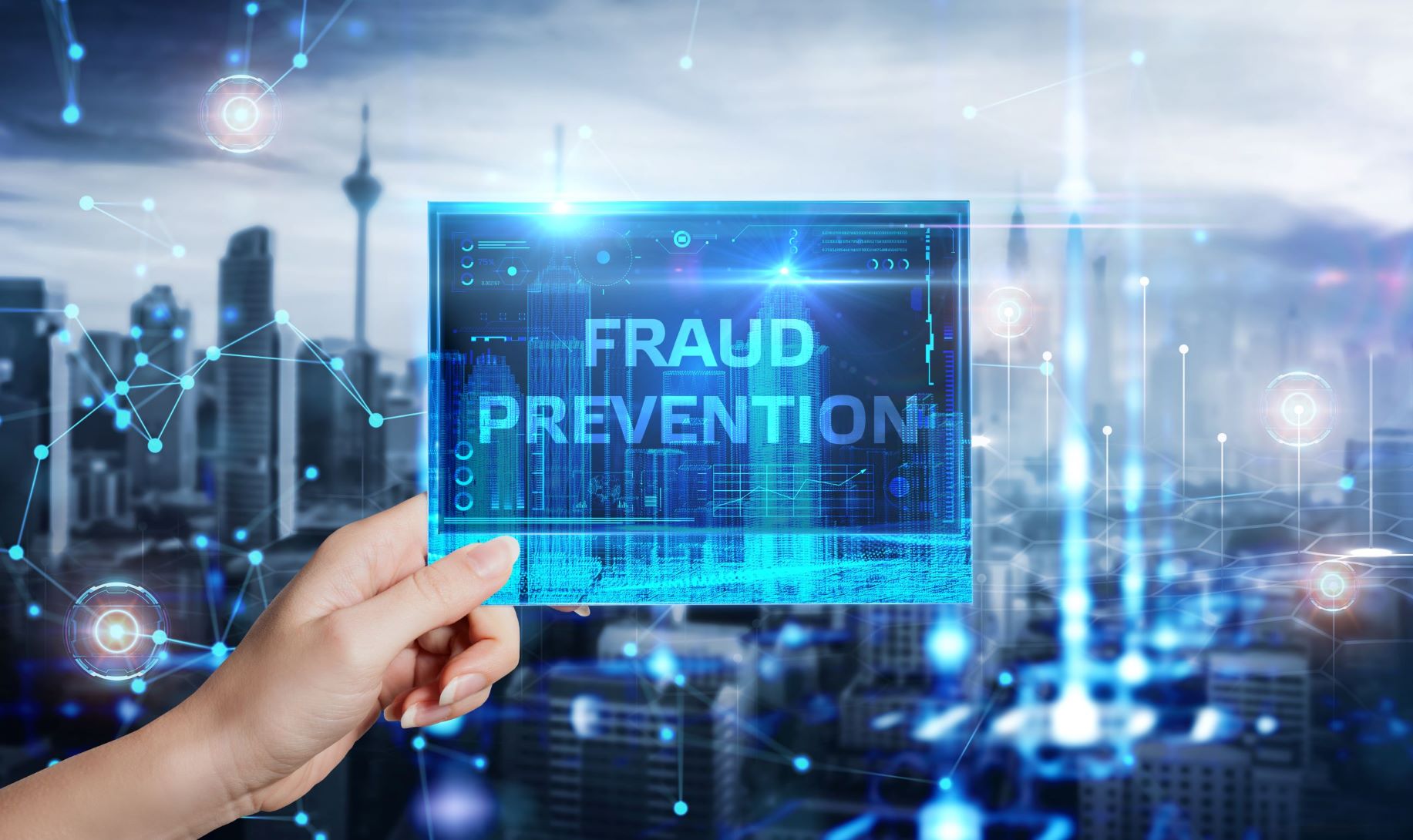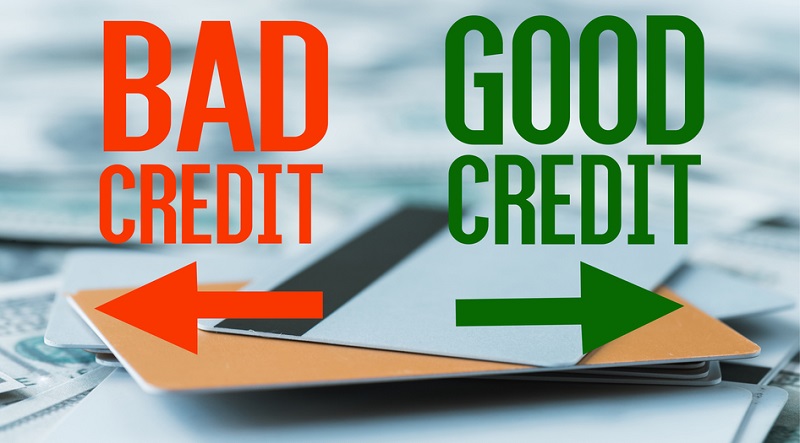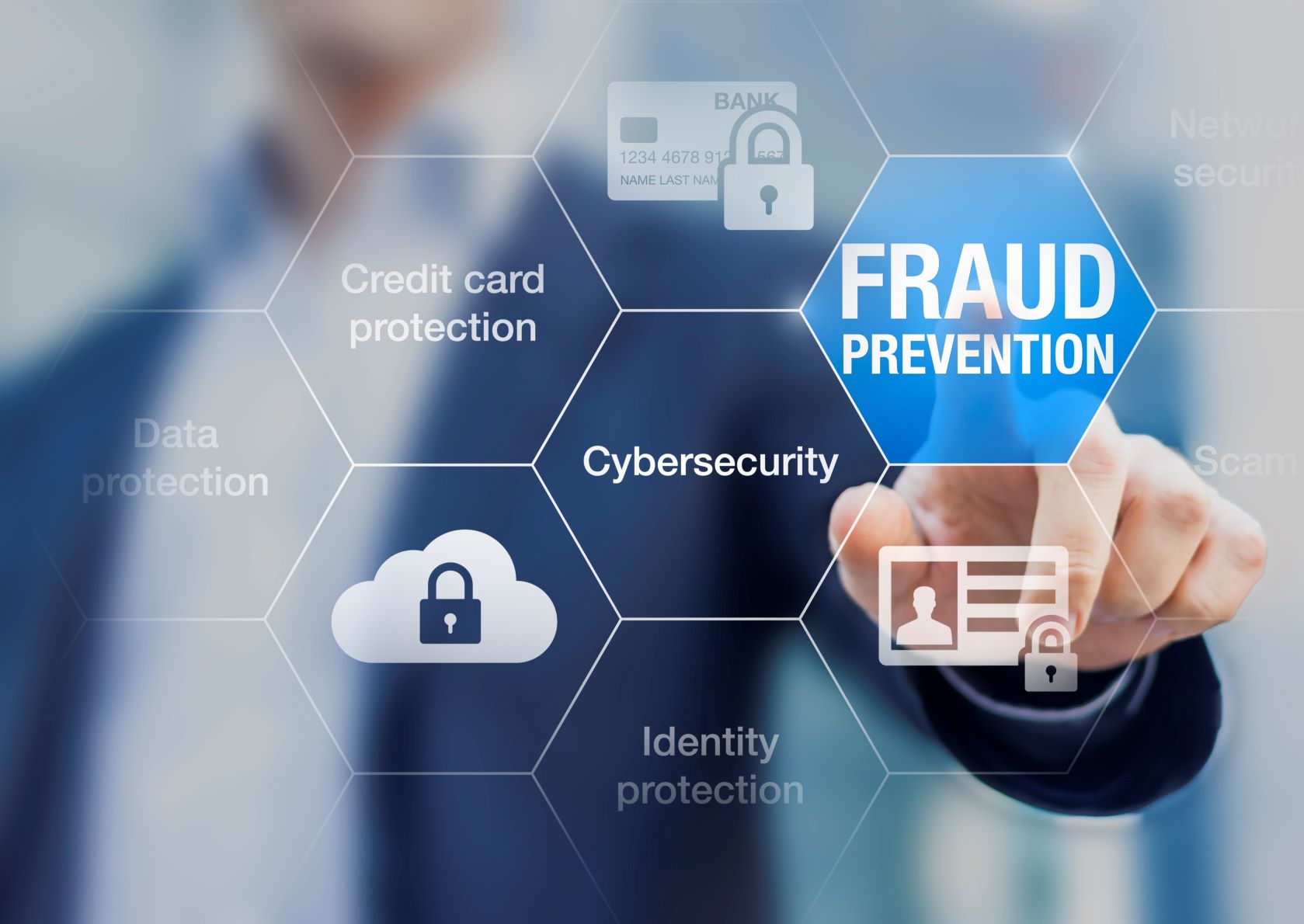- Home
- Bankruptcy
Credit Repair After Bankruptcy - Starts Here Today!

Credit repair after bankruptcy is possible, and you can start today! While there's nothing easy about bankruptcy, from the stressful process to the restrictions that follow, not to mention the impact on your credits score. It's a long, painful, and embarrassing experience.
But the unfortunate truth is that debt problems do happen. So before they do, you'll want to remember; as you build your credit and finances, you must save money to prevent future debt problems.
Then again, things happen, and situations occur, and you find yourself pushed down the steep and unforgiving slope that is bankruptcy.
When your debts become too large for you to manage and run out of options, it makes sense to turn to bankruptcy. Bankruptcy can provide you with the breathing room you need right now.
Is Credit Repair After Bankruptcy Possible? What Is Bankruptcy?
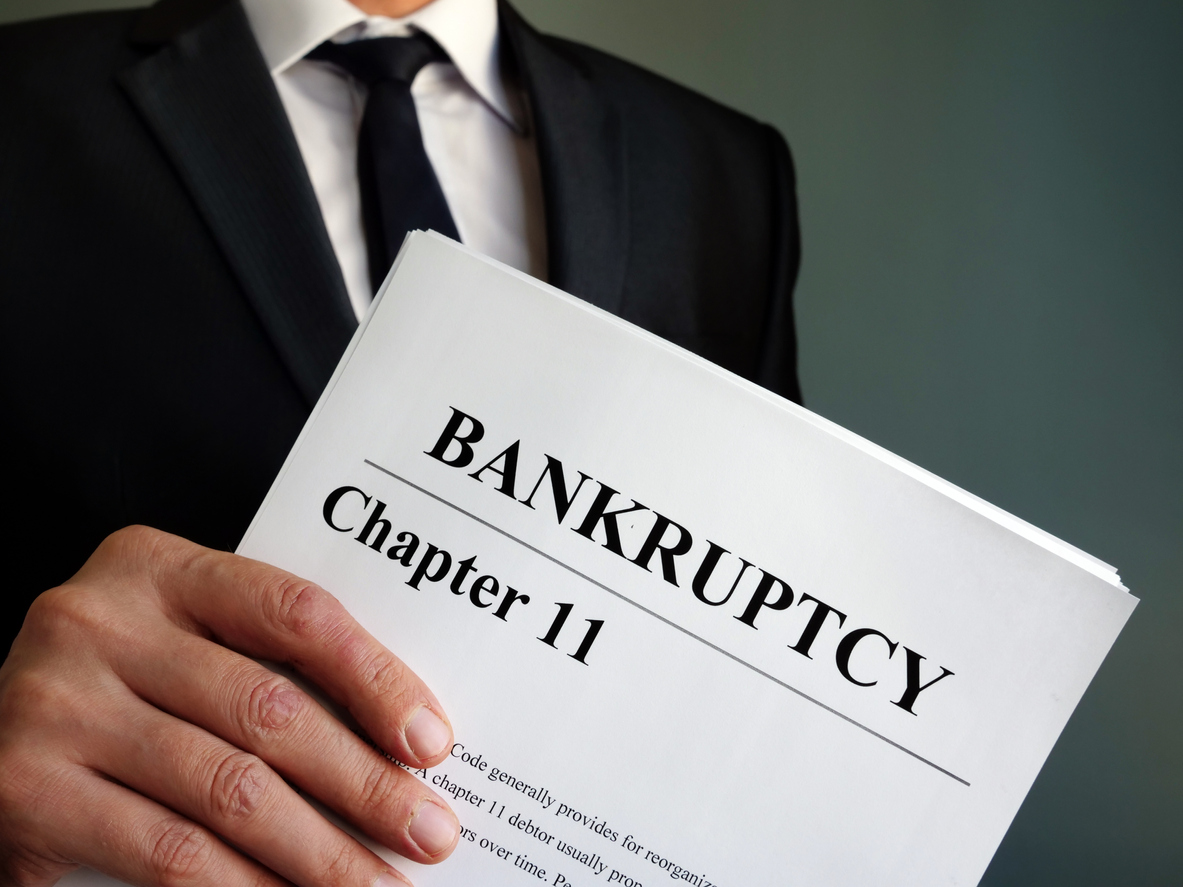
Bankruptcy is a legally binding process governed by a federal law known as the "Bankruptcy Code." This code is a relief for individuals and entities in serious debt. It's necessary to note that there are different types of bankruptcy.
The most common types of personal bankruptcy are:
Chapter 7 Bankruptcy: Requires that certain types of property get sold to pay your unsecured creditors, and in exchange, you get a fresh start.
A bankruptcy trustee handles the sale of assets, and they can only sell a non-exempt property. If an exemption covers your property assets, the trustee cannot sell them. In that case, you get to keep all your possessions, and your creditors get nothing.
If you have non-exempt property, you can expect the liquidation bankruptcy process to last no more than six months. You can start credit repair after a bankruptcy as soon as you get a bankruptcy discharge from the court.
Chapter 13 Bankruptcy/Wage Earner Plan: Only individuals (or sole proprietors) can file Chapter 13 bankruptcy.
Here, you must develop a repayment plan to pay your creditors (some in part, others in full) and submit it to the court. Once approved by a federal court, Chapter 13 bankruptcy lasts three to five years, depending on your income.
At the end of the plan, many of your unsecured debts will get entirely discharged. Your unsecured and secured debt balances can't exceed a certain amount to file for a wage earner plan.
How Does Bankruptcy Affect Your Credit Score?
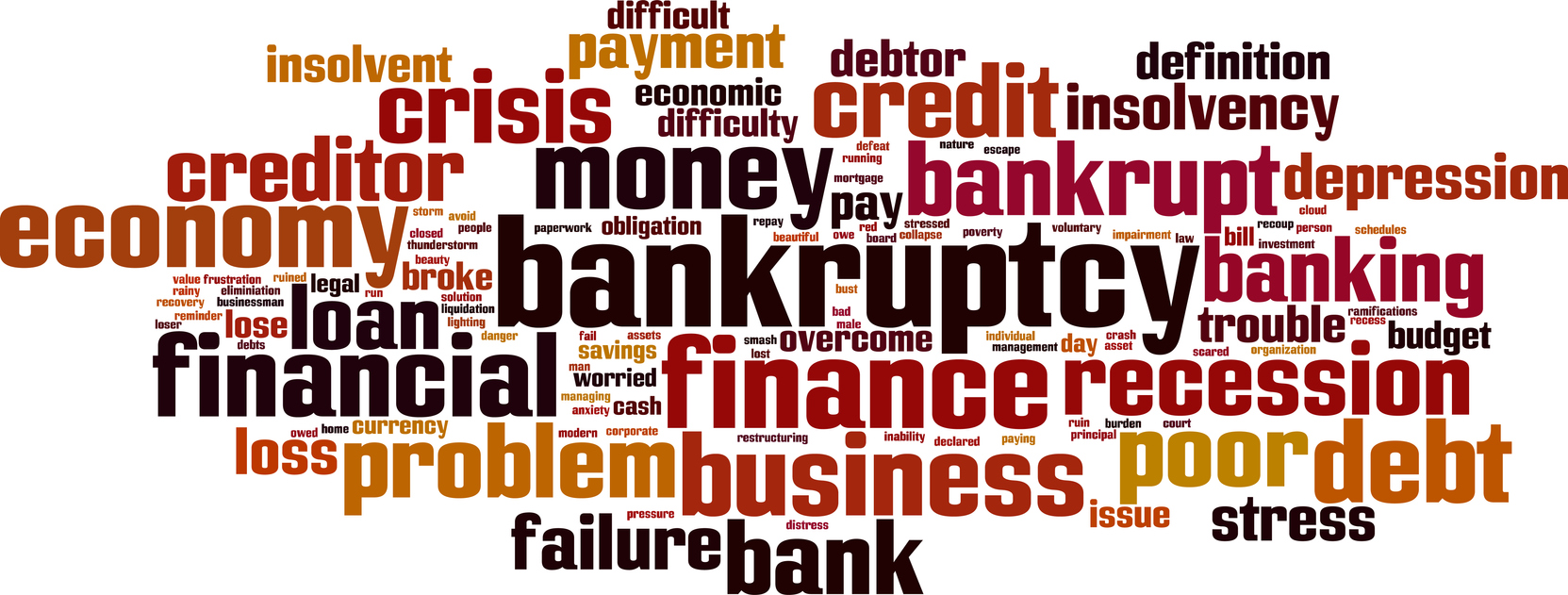
Bankruptcy is a significant legal decision with monumental consequences. **Tip** Exhaust all your options before you file for bankruptcy. Regardless of the type of bankruptcy you filed, personal bankruptcy will always be considered a severe derogatory mark on your credit report.
You can expect your credit to be affected by it for years. Liquidation bankruptcy can stay on your credit record for ten years from the filing date and Chapter 13 for seven years.
Expect to see a drastic drop in your FICO score in the first two months following your bankruptcy filing.
Surveys show that people with exceptional credit scores (800+) can expect their scores to drop by up to 240 points. On the other hand, those with a good credit score (680-740) can expect a drop of up to 150 points.
Whatever the case, bankruptcy will undoubtedly take away a massive chunk of your credit score. However, while a derogatory bankruptcy mark can stay on your credit file for years, you don't have to wait that long to fix your credit.
As long as you re-evaluate your finances and start working towards re-establishing your credit with smart credit repair after bankruptcy, your FICO score will almost certainly improve within a year or two of filing for bankruptcy.
Life After Bankruptcy
But what happens after bankruptcy? Does a derogatory bankruptcy item on your credit files mark the beginning of the end for your credit? Of course not! Credit repair after bankruptcy is possible.
Look, personal bankruptcy is not something to be proud of, but the reality is, it is also a life lesson that reminds you that you messed up with how you managed your debts.
On the bright side, credit repair after bankruptcy presents you with an opportunity to reclaim your finances from the start and move forward to a better financial future.
Try telling that to people who have a bankruptcy on their credit report, though, right? Not many subjects will make people cringe as introducing the issue of bankruptcy in a conversation!
But everyone makes mistakes, and it's the steps you take after you stumble that matter. So, while this is easier said than done, shrug off the momentary embarrassment, get back on your feet, and start working towards a brighter financial future.
Credit Repair After Bankruptcy Steps 1 Thru 6
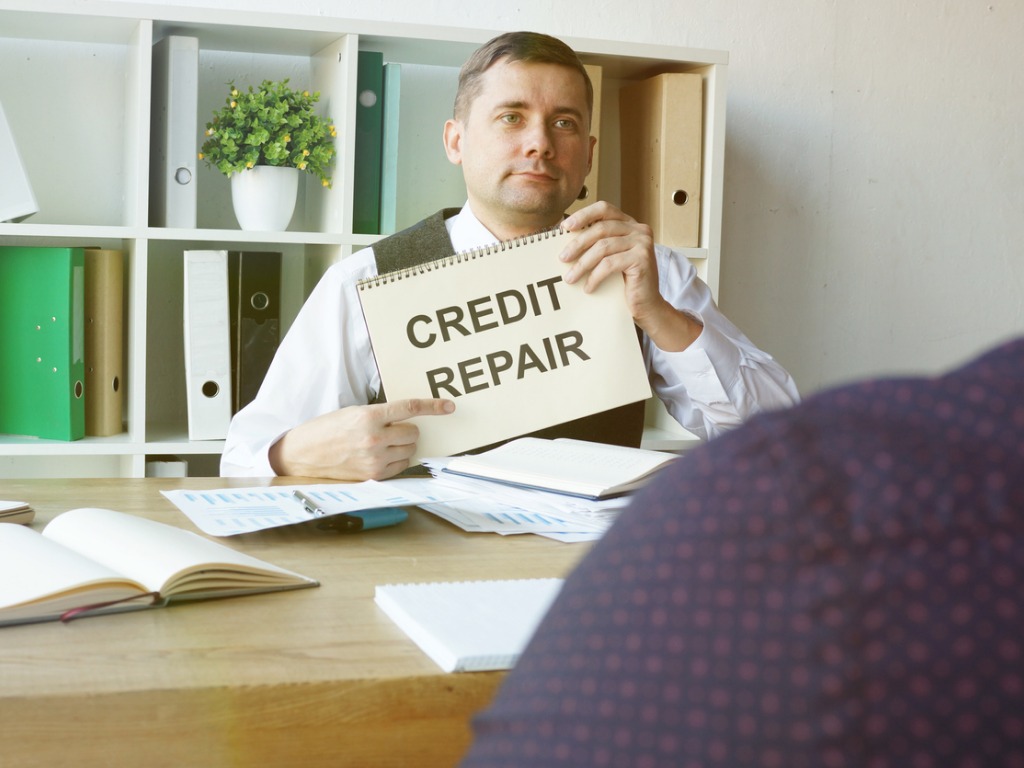
You are rebuilding your credit after bankruptcy. It won't be quick or easy; it will require some perseverance and maybe professional help from a credit repair specialist, but you can repair your credit bit by bit after bankruptcy.
Credit Repair After Bankruptcy - Here's how:
1. Monitor Your Credit Reports
After bankruptcy, you first want to pull your credit reports from the three national credit reporting agencies. While the bankruptcy account will still be in your credit reports, you must verify that the reporting is accurate.
For instance, if you filed Chapter 7 bankruptcy, then the account's info should be "zero balance due." If you spot any mistakes or incorrect balance, dispute it immediately, and when your credit reports are updated, you'll notice a change in your score.
Don't stop just reviewing your credit reports; continue monitoring your credit in real-time to stay on top of your credit file changes.
2. Start Saving Money And Spending Less
Evaluating your financial habits can help you rebuild your credit after bankruptcy. Take a good, hard look at your finance management behavior and why you had to file bankruptcy in the first place. It's a simple fact of life; creditors prefer to give money to people who don't need it, not those who desperately want cash.
To fix your credit and increase your chances of getting approved when you borrow again, you need to show creditors that you are good at managing your money.
Now that bankruptcy is behind, you open new checking and savings accounts, and this time, start on the right foot. After bankruptcy, establishing a savings buffer will save you headaches in the long run – knowing you can stay afloat when the unexpected arises.
3. Make A Habit Of Paying All Your Bills On Time And In Full
While many of your debts are gone, the chances are you'll still have financial obligations – things like utility bills. Although you might be in a challenging situation, do your utmost to pay all your bills on time and in full.
An excellent way to keep up with payments is to set up a budget with a shift in mindset and use auto via your bank's bill pay system. This way, you stay the course and make sure you're never late on your payments.
4. Start Credit Repair After Bankruptcy by Getting A Secured Credit Card
Weird, right? After bankruptcy, getting a new credit card can seem counterproductive, but it does help repair your credit. Besides, a bankruptcy default will affect your ability to keep your current unsecured credit cards or get approved for new ones.
And in this day and era, life without credit cards can be challenging. While secured credit cards have a collateral requirement (cash deposit), it's a godsend in this situation. Use your savings to apply for a secured credit card, and don't forget to keep your credit utilization ratio under 30%.
5. Have Someone Cosign For A New Loan Or Credit Card
Are you having a tough time getting approved for loans and credit cards after bankruptcy? No worries, get a cosigner. A cosigner offers many benefits for a person who has just filed for bankruptcy.
Someone with established credit can help you secure new loans and credit cards that would otherwise be unavailable to you.
A cosigner can be your close friend or relative, but they must have excellent credit to make up for yours. Of course, make sure you repay the loan on time.
6. Start Credit Repair After bankruptcy By Becoming An Authorized User
People asking about credit repair after bankruptcy can become authorized users to rebuild their credit. If a relative or very close friend has a well-managed credit card, ask them if they can include you as an authorized user on their credit card.
If they agree and continue to maintain the account responsibly, you will begin to see a noticeable improvement in your credit score.
Fair warning: becoming an authorized account user carries some risk for both parties. If the other person racks up late or unpaid bills, your credit report will reflect that.
Surviving bankruptcy: You did it! It's time to move forward.
Life post-bankruptcy doesn't have to be a nightmare. Those with a derogatory bankruptcy mark on their credit report can clean the slate with the credit repair after the bankruptcy tips mentioned above.
The truth is, you're probably in a much better position now than you were right before filing. With credit repair after bankruptcy, you're heading in the right direction, and this time, you can do things differently and make your credit scores go up!
Free 5-Day - Start Repairing Credit Challenge - Do It Yourself - Including A Live Expert Question & Answer Session.

Related Articles:
- Can Credit Repair Remove Bankruptcies From My Credit Report?
- How Does Filing Bankruptcy Affect Credit? Is Bankruptcy A Good Idea?
- Fixing Your Credit After Bankruptcy Using 6 Proven Credit Repair Tips
- Better Credit Booster News and Tips
- Credit Score After Bankruptcy – What to Expect
- Rebuilding Credit After Bankruptcy 7 Brilliant And Incredibly Easy Tips!
- Do You Need Real Time Credit Score Monitoring?
- Credit Repair Shouldn't Cost a Fortune!
- 101 Credit Tips to Boost Credit Score Points, Today!
- Frequently Asked Credit Repair Questions and Answers - FAQ

